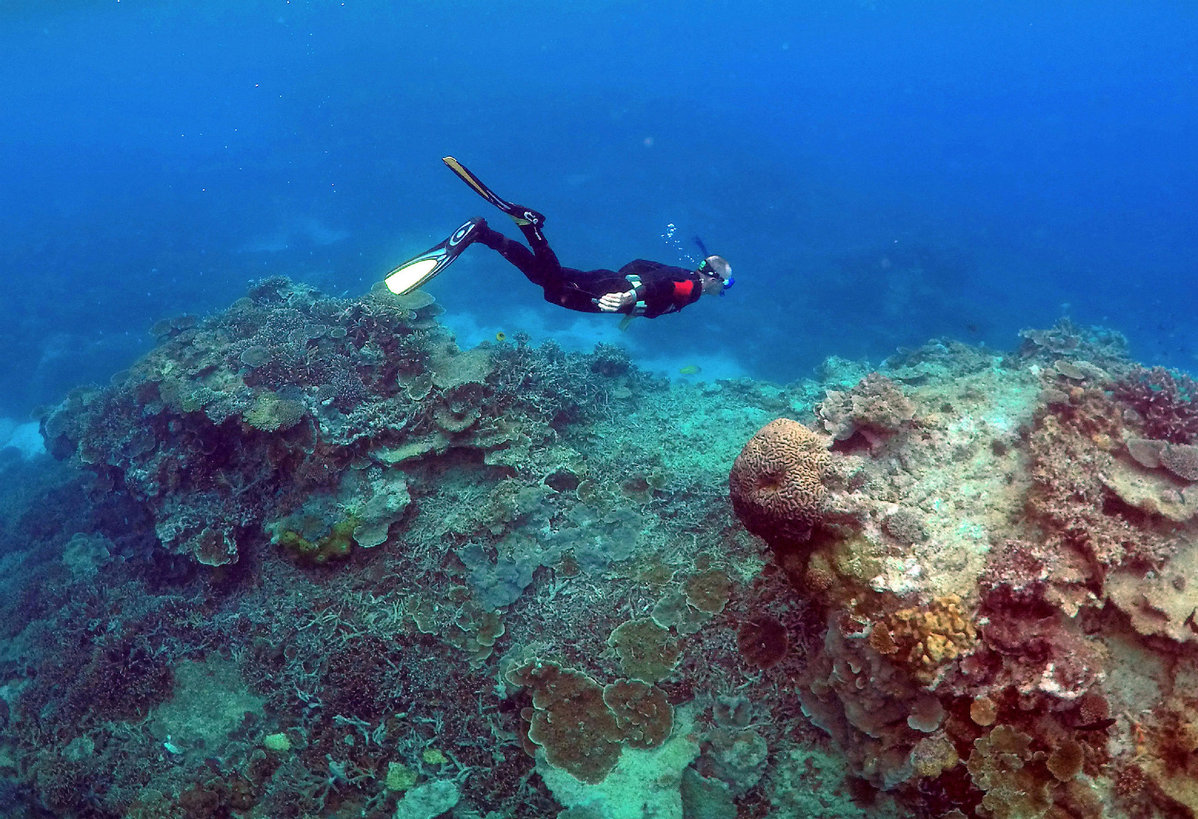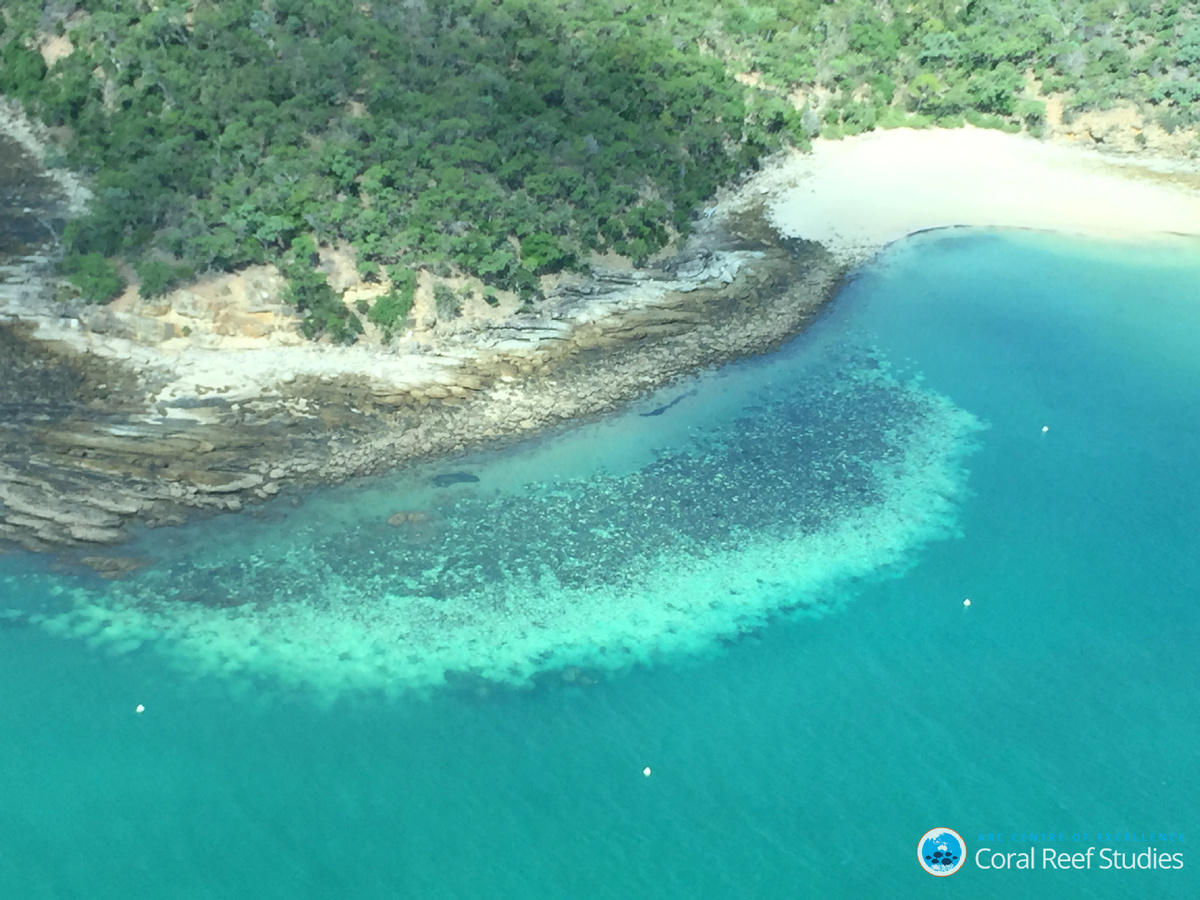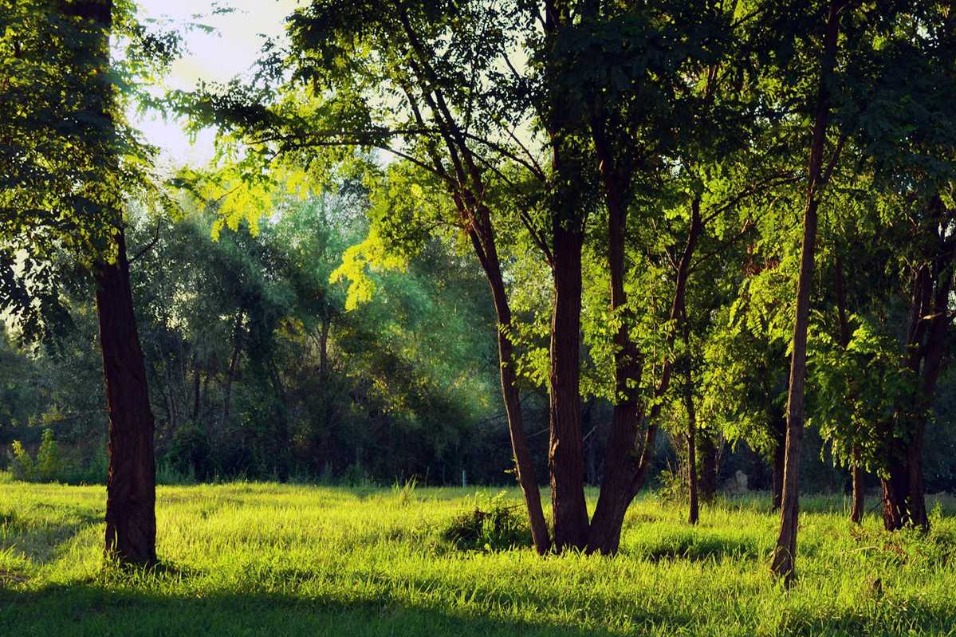1995年以来,澳大利亚大堡礁珊瑚减少逾50% Great Barrier Reef has lost half of its corals since 1995
中国日报网 2020-10-15 13:05

澳大利亚ARC珊瑚礁研究卓越中心的科学家对全球最大的珊瑚礁群——大堡礁的健康状况及规模进行研究后发现,自1995年以来,受海洋变暖等气候因素的影响,大堡礁的珊瑚损失了一半以上。

A man snorkels in an area called the "Coral Gardens" near Lady Elliot Island, on the Great Barrier Reef, northeast of Bundaberg town in Queensland, Australia, June 11, 2015. [Photo/Agencies]
Australia's Great Barrier Reef has lost more than half of its corals since 1995 due to warmer seas driven by climate change, a study has found.
研究发现,自1995年以来,由于气候变化导致海洋变暖,澳大利亚大堡礁的珊瑚损失了一半以上。
Scientists found all types of corals had suffered a decline across the world's largest reef system.
科学家发现,在全球最大的珊瑚礁群大堡礁中,所有类型的珊瑚都在减少。
The steepest falls came after mass bleaching events in 2016 and 2017. More mass bleaching occurred this year.
尤其在2016年和2017年大堡礁发生大规模珊瑚白化后,珊瑚数量锐减,今年也出现了更大规模白化现象。
"There is no time to lose - we must sharply decrease greenhouse gas emissions ASAP," the researchers said.
研究人员说:“我们必须抓紧时间,尽快大幅减少温室气体排放。”
The study, published in the journal Proceedings of the Royal Society B, was conducted by marine scientists at the ARC Centre of Excellence for Coral Reef Studies in Queensland.
研究报告发表在英国《皇家学会报告:生物科学》期刊上,是由昆士兰州ARC珊瑚礁研究卓越中心的海洋科学家进行的。
Scientists assessed the health and size of coral colonies across the reef from 1995 to 2017.
科学家们评估了1995年到2017年大堡礁珊瑚群的健康状况和大小。
They found populations had dropped by more than 50% in all coral sizes and species, but especially in branching and table-shaped corals.
他们发现,无论珊瑚的大小和种类,所有珊瑚的数量都损失了一半以上,尤其是分枝和桌形珊瑚。
These are the large, structural species which usually provide habitats for fish and other marine life.
珊瑚礁是大型的结构物种,通常为鱼类和其他海洋生物提供栖息地。
Prof Terry Hughes, a study co-author, said these coral types had been "worst affected" by the back-to-back mass bleachings which damaged two-thirds of the reef.
研究合著者、特里·休斯教授说,这些珊瑚类型受到了连续不断的大规模白化“最严重影响”,三分之二的珊瑚礁遭到了破坏。
back-to-back [ˌbæk tə ˈbæk]:adj.连续的;紧接的
Bleaching occurs when corals under stress drive out the algae - known as zooxanthellae - that give them colour.
当珊瑚在压力下驱逐了为它们带来颜色的藻类(称为虫黄藻)时,就会发生白化。
Corals can recover if normal conditions return, but it can take decades.
如果情况恢复正常,珊瑚可以自我修复,但需要数十年时间。
A study in 2019 found that damaged coral colonies had struggled to regenerate because most of the adult corals had died.
2019年的一项研究发现,由于大多数成年珊瑚已经死亡,受损的珊瑚群体很难再生。
"A vibrant coral population has millions of small, baby corals, as well as many large ones," said lead author Dr Andy Dietzel.
研究报告的主要作者安迪·迪策尔博士说:“一个充满活力的珊瑚种群中有数百万个小的珊瑚幼虫和很多大珊瑚组成。”
"Our results show the ability of the Great Barrier Reef to recover - its resilience - is compromised compared to the past, because there are fewer babies, and fewer large breeding adults."
“我们的研究结果表明,大堡礁的恢复能力与过去相比已经有所下降,因为珊瑚幼虫和较大的繁殖成虫都减少了。”

An aerial view shows bleached and unbleached corals at the Great Barrier Reef in Australia on June 4, 2020. [Photo/Agencies]
大堡礁前景如何?
Last year, the Australian government's official agency on the reef confirmed that human-driven warming remained the biggest threat to the reef's long-term survival.
去年,澳大利亚政府负责大堡礁的官方机构证实,人类活动导致的气候变暖仍然是大堡礁长期生存的最大威胁。
Stretching over 2,300km, the reef was designated a World Heritage site in 1981 for its "enormous scientific and intrinsic importance".
大堡礁绵延2300公里,因其“巨大的科学和内在价值”,于1981年被列为世界遗产。
But in the past decade in particular, it has been vastly damaged by warmer seas which have killed off coral, dispersed other sea life and sped up growth of algae and other contaminants.
但特别是在过去的十年里,海水变暖使珊瑚死亡和其他海洋生物分散,导致海藻和其他污染物迅速增多,大堡礁受到了极大的破坏。
"We used to think the Great Barrier Reef is protected by its sheer size - but our results show that even the world's largest and relatively well-protected reef system is increasingly compromised and in decline," said Prof Hughes.
休斯教授说:“我们过去一直认为由于面积宽广,大堡礁受到了保护,但我们的研究表明,即使是世界上最大的、保护相对良好的珊瑚礁系统也在日益受到威胁,并且在衰退。”
In March, scientists reported the reef had suffered its third mass bleaching event in five years. The full scale of the damage was still being assessed.
今年3月,科学家报告称,大堡礁遭遇了五年来的第三次大规模白化。整个损失规模仍在评估中。
Global temperatures have already risen by about 1C since pre-industrial times. The UN has warned that if that rise reaches 1.5C, 90% of the world's corals will be wiped out.
全球的温度相较于工业时代前已上升了1摄氏度。联合国曾警告称,若温度升高1.5摄氏度,全球90%的珊瑚都将消失。
英文来源:BBC
翻译&编辑:yaning

















 英语点津微信
英语点津微信 双语小程序
双语小程序